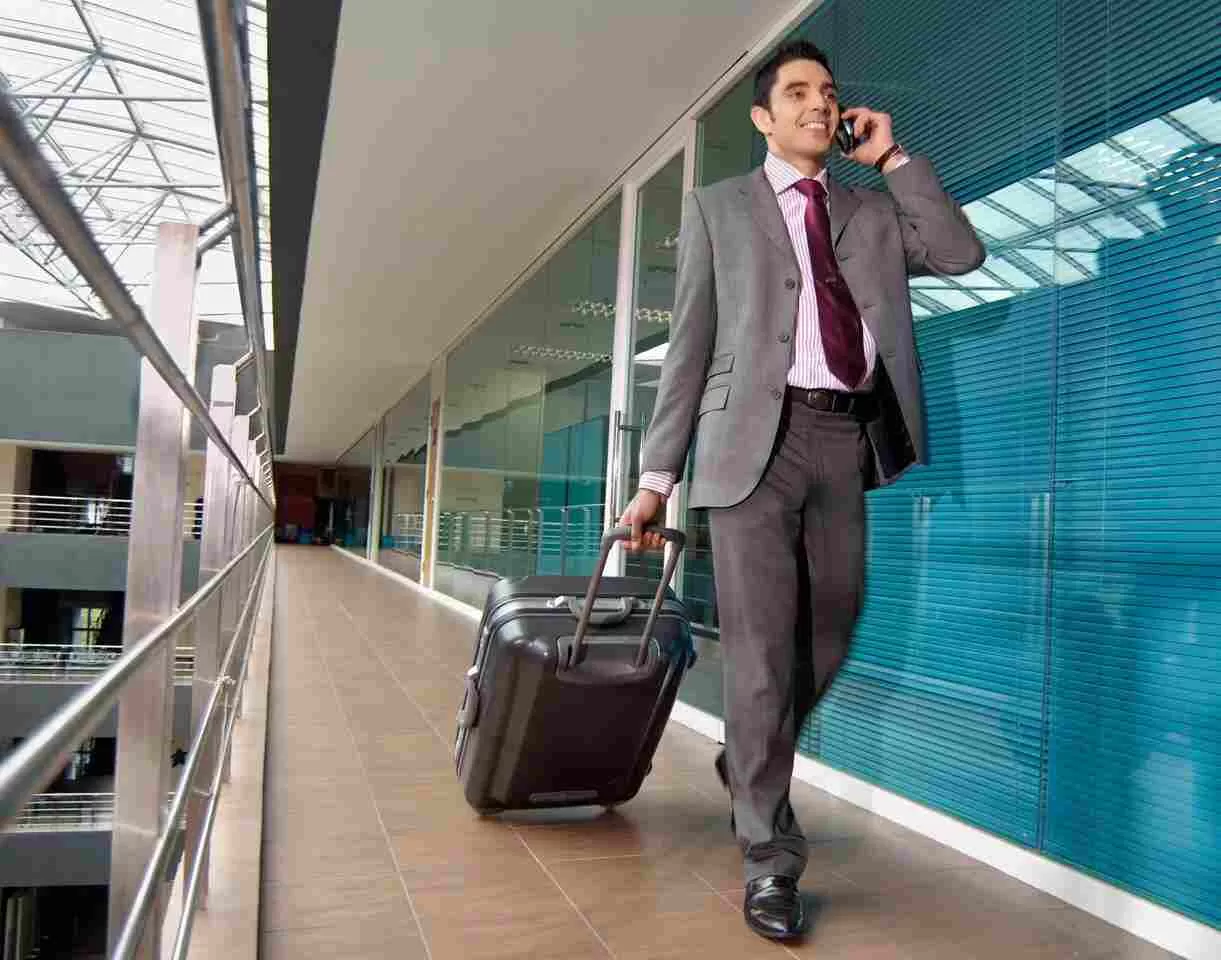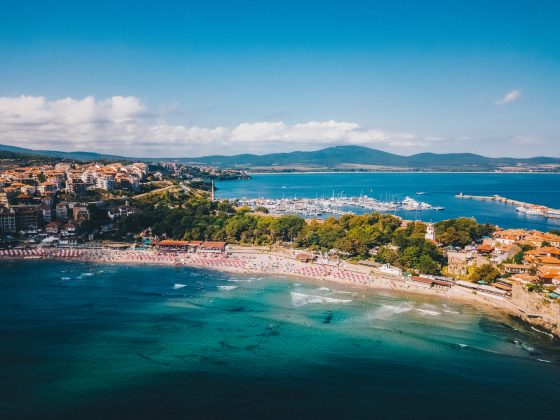There’s nothing more effective at busting stress than traveling. There’s a certain thrill about getting away from the city to discover new places and explore other cultures. However, it’s often inevitable that something will go wrong, like developing allergic reactions, getting the flu, or even having food poisoning. Even seasoned overseas travelers are not immune to such misfortunes.
According to the National Travel and Tourism Office, more than 3,000 people arrived in the United States from Mexico and Canada in June 2017 alone. A data from Eurostat has shown a total estimate of 1.2 million personal tourist trips made by 62% of Europe’s residents in 2016. Among Europeans, Germans have been labeled as the biggest spenders when it comes to international travels.
So you see, traveling is no longer just a luxury. For some, it’s a necessity, especially when you are burned-out from work and you just need a quick getaway or you are finally looking for a place to retire. Still, preparation is key to staying healthy AND happy during your trip.
Tips to Stay Healthy While on the Road
- Before the trip, schedule an appointment with your doctor and undergo medical or dental tests. Make sure you inform them of your destination, how long you will be traveling abroad, and also about your itinerary. Aside from avoiding unnecessary hospital trips while on vacation, your physician can also update you on the latest travel recommendations from the World Health Organization or the Centers for Disease Control.
- If you can, bring disposable cutlery with you. It won’t take up much space and there are kits that already include a spoon, a fork, and a pair of chopsticks. You may be one of those people who likes to go on gastronomical adventures and, if that’s the case, you’re not exactly certain how the cutleries were cleaned or who used them last. It’s always better to be safe than sorry.
- Pack a travel health kit. If you have any known allergies, bring the medicine prescribed by your doctor. You can also add in some over-the-counter medications like pain relievers, antacid, anti-diarrhea, antihistamine, flu medicines, drugs for coughs and motion sickness, and decongestants. Depending on where you’re headed, you can include sunscreen, bug and mosquito repellent, and other first aid supplies like gauze pads, disinfectant solution, and elastic bandages.
- Be mindful of what you eat and drink. In some places, tap water isn’t potable so make sure you carry bottled water with you everywhere and even use it for brushing your teeth. Washing your hands before you eat is basic, but a water source might not be available everywhere, so always keep a hand sanitizer or alcohol in your bag as an alternative to prevent the spread of bacteria. You never know when you come in contact with a sick person.
- If you’re on a 10-hour flight or more, walk and stretch your arms and legs at least once every hour. You can do these when going to the bathroom. It’s not just to avoid sore back and muscles but also to prevent deep vein thrombosis, which is a serious condition that happens when blood clots form in the deep veins of your legs. While this health problem is more common in people who recently underwent surgery, it can also occur if you don’t move around for hours.

- When eating street food, anything that’s steaming hot is generally safe because heat kills bacteria and other microorganisms. Still, be cautious where you eat – it’s safer if you choose places frequented by locals and other tourists. According to the travel health tips outlined by Victoria State Government, the most common sickness affecting travelers are gastrointestinal infections, thus, you need to be conscious of what you eat.
- When visiting countries with high malaria and dengue cases, use mosquito repellents, wear protective clothing, or sleep inside bed nets to avoid contacting mosquito-borne diseases. Your doctor may also provide you with medicine for preventing malaria.
- Stay physically fit by going on a hike and doing other outdoor activities. It’s a win-win situation: you get to burn fats, improve muscle strength, boost your mood, and calm your mind – all the while communing with nature. If hiking isn’t part of your to-do list, go for walks instead of riding in cabs. You can also workout even without going to the gym by using workout or resistance bands. You can easily integrate workout bands into a variety of exercise regimens. It’s like having a mini-gym in your bag that you can carry anywhere you go.
- Reconsider going to remote areas. Aside from exposure to insects and rodents, there’s also no medical facility nearby in case of emergencies and there’s always the possibility of contaminated water. There’s also a limited number of places to eat. You can only enjoy your overseas travels as long as you are healthy and safe.
- Get as much sleep as you can. If you’re dealing with jet lag, one way to overcome it is by setting an alarm so you won’t oversleep in the morning.
These are just basic health tips you should know before going on a trip abroad. The bottom line is, don’t compromise your health. You can still have fun and be happy while staying healthy.
Contact Author
"*" indicates required fields
Stay Ahead on Every Adventure!
Stay updated with the World News on Escape Artist. Get all the travel news, international destinations, expat living, moving abroad, Lifestyle Tips, and digital nomad opportunities. Your next journey starts here—don’t miss a moment! Subscribe Now!











